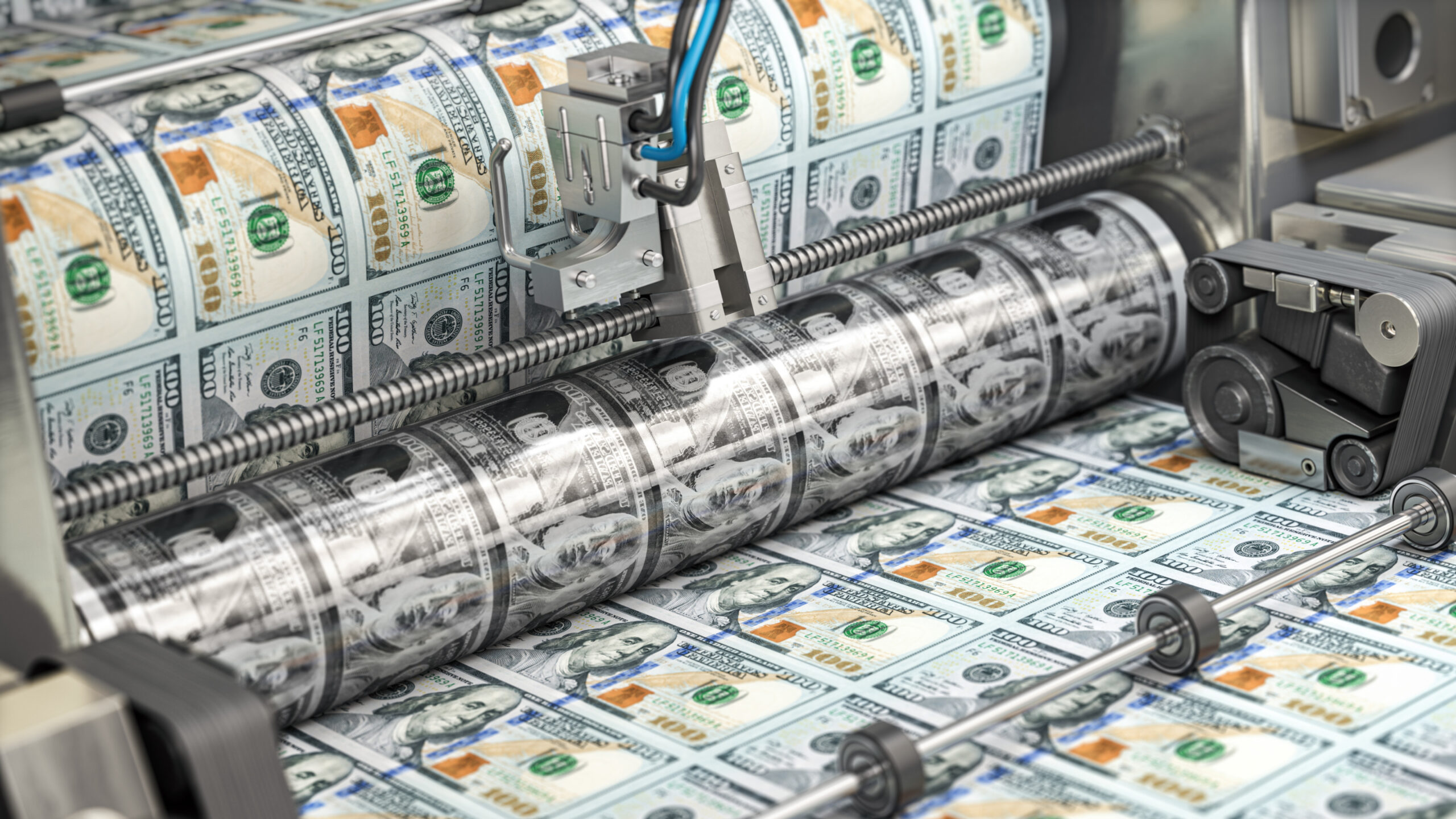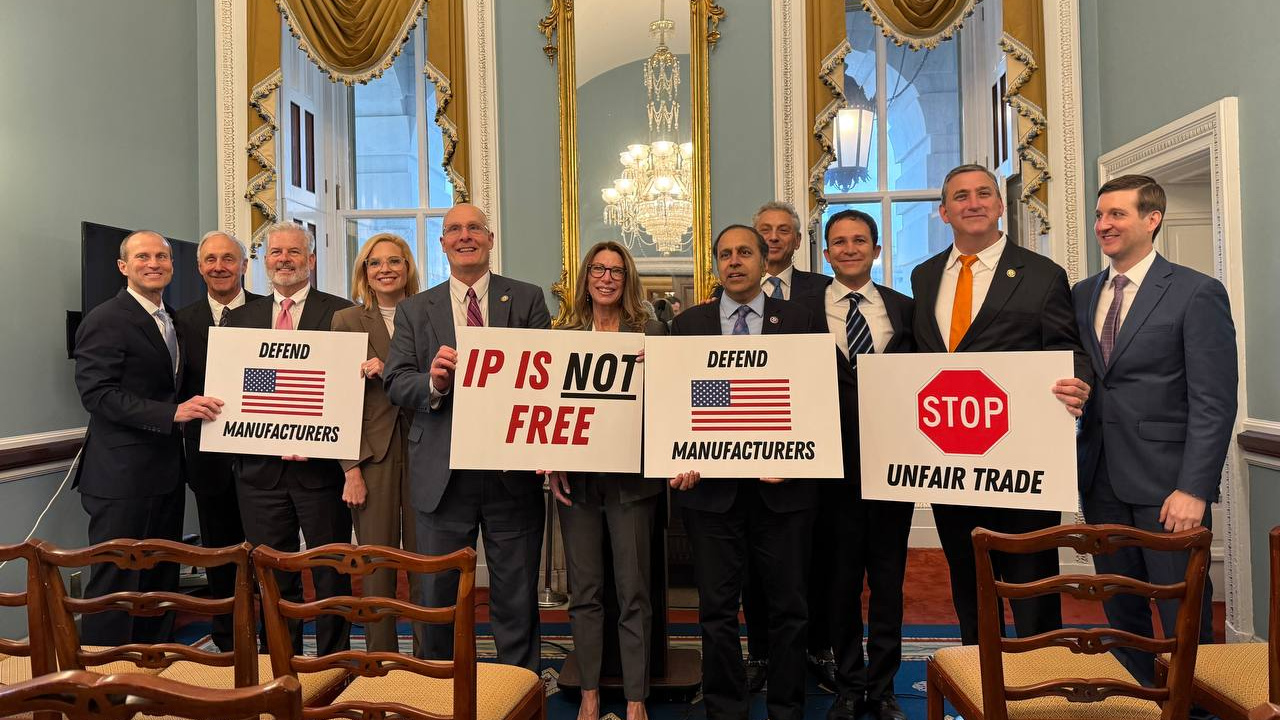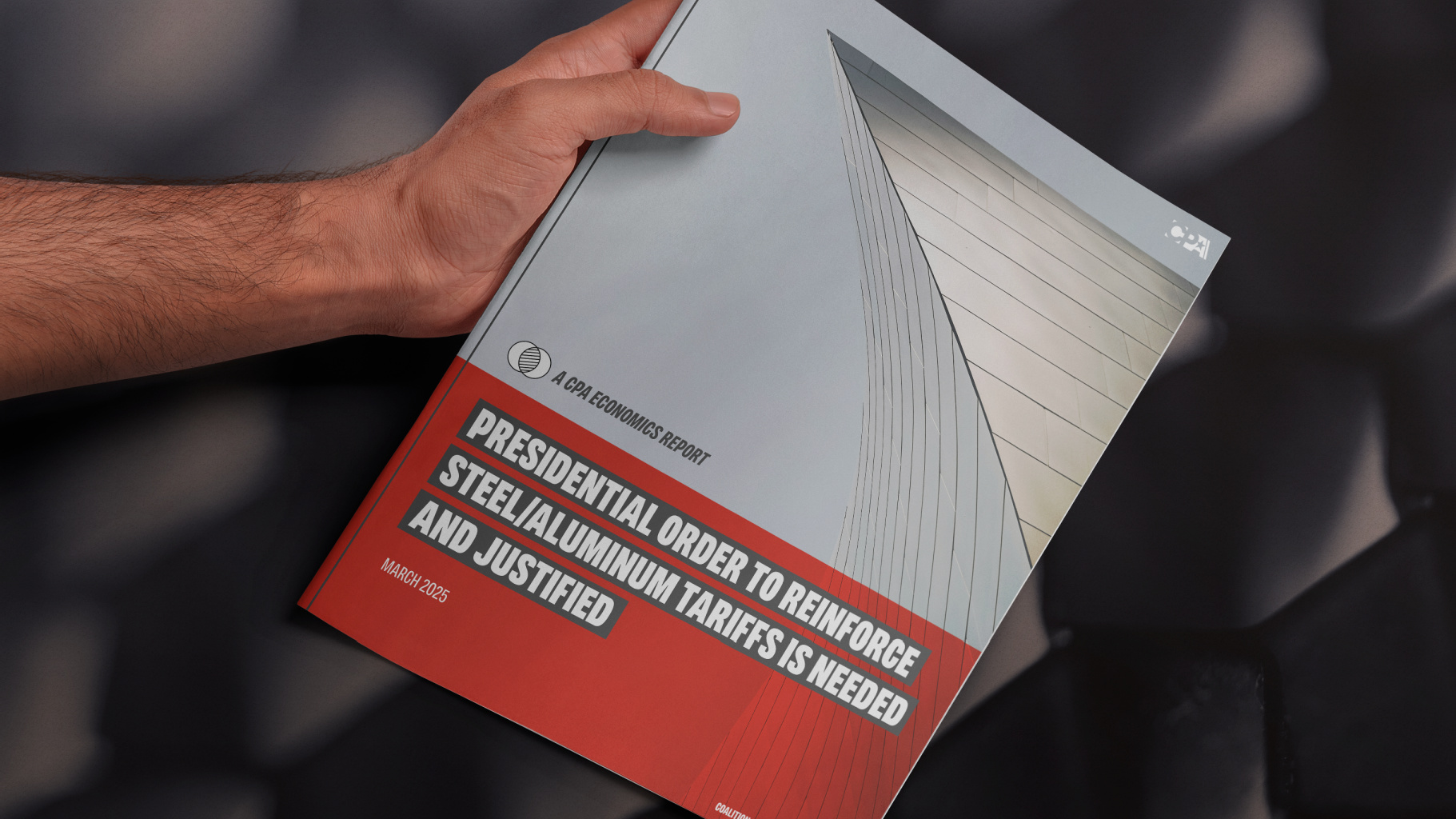By Jeff Ferry, CPA Research Director
On May 4th, Professor William J. Baumol died at the age of 95. He was a prodigious writer and innovator in economic theory, author of some 500 papers over the more than half a century he taught at Princeton University and NYU.
At least once, he was reportedly on the shortlist for the Nobel Prize in Economics, and if anyone deserved it, he did. I’ve read a couple of the obituaries of Prof. Baumol and I thought they missed the point of much of his work so I’d like to add my own.
Baumol was born in 1922 and raised in the Bronx section of New York City. Like many who grew up in the Depression, he became interested in political and social issues at a young age. He studied economics at the City College of New York (CCNY), and then applied to do a Ph.D. in economics at the London School of Economics. As Baumol later told the story, his application was rejected but he applied again. Professor Lionel Robbins, an eminent economist and then (1947) the dominant figure at the LSE, took pity on the young American and condescended to let him enter and study for a master’s degree. Baumol joined a seminar taught by Robbins in which aggressive debate was encouraged. Aggressive debate was a way of life at CCNY, and Robbins and his colleagues were impressed by Baumol’s style. According to Baumol, “the Oxford Debating Society was composed of amateurs and children by our standards…so whenever I disagreed with something, I would wait for the appropriate moment and come in charging with my sword drawn, and they’d never seen anything like it.” Within two weeks, Baumol was moved into the PhD program. Three weeks later he was lecturing, giving two courses to students. Baumol became good friends with Robbins, a conservative, and with Harold Laski, a former chairman of Britain’s Labour Party. In those days Ph.D.s were not common in Britain so Baumol’s oral exam was a bit improvised. It took place over whiskies at the Reform Club, a gentleman’s club, and lasted five hours, during which time many different topics were discussed. When Baumol got home, his wife asked him if he had passed and he replied: “I have no idea.”
I’ve read several obituaries of Professor Baumol and they all focus on Baumol’s cost disease, which I find to be the least interesting part of his work. So I thought I would write this essay to correct those misleading impressions of who he was.
The Baumol cost disease is an important and very familiar idea these days. If one compares goods and services production in a modern economy, constant productivity growth in goods production reduces their relative cost compared to services, where productivity cannot have as much of an effect. Services like providing health care or education cannot experience as much productivity growth because the human element is an essential part of those services. As a result, we should expect services to get steadily more expensive over time, and this is indeed what has happened. College tuition and hospital bills have skyrocketed. Noneconomists like this sort of economic theory because it explains a phenomenon we see in our daily life.
Market Imperfections
But that’s not really what William Baumol was all about. The thread that ran through Baumol’s 50-plus years of teaching and writing was a focus on market imperfections. These are cases where the free market fails to operate as it is predicted to in basic economics. This may sound like a technical detail, but it’s not. If markets don’t deliver optimal levels of prices and production, then a national economy is failing to deliver the best outcomes. If economic theory unrealistically assumes perfect markets, then it provides a flawed basis for making decisions to guide or manage the economy.
I first became aware of Prof. Baumol’s work as an undergraduate economics student at Harvard in the early 1970s. Environmental economics was just emerging as a new discipline. Baumol wrote some of the foundational academic articles on the externalities of pollution that would lead directly to ideas like the carbon tax. Pollution, and externalities in general, are examples of market imperfections because they mean that the price set by the free market is wrong (typically too low). The “market” price doesn’t take into account the costs imposed on nearby individuals and communities by the pollution.
Baumol wrote about the use of taxes to correct for the underpricing. Pollution taxes were originally proposed by an earlier British economist, Arthur Pigou. But Baumol went further and showed that the pollution and the pollution tax could potentially affect the supply and demand for the polluting good in such a way that there might be no single equilibrium price for that good. This sounds a bit theoretical, but what it means is that the market could fail, i.e. could result in the wrong price being agreed by buyer and seller, with serious inefficiency. In that scenario, government intervention might be required to make the market function efficiently.
I was so impressed by the newness and excitement surrounding environmental economics that I considered doing my graduate studies at the University of Virginia—there were other professors at U.Va. which made it a sort of hotbed of environmental economics. In any event, I decided to continue my studies at the LSE (where I met many Oxford graduates, whose debating skills impressed me much more than they had impressed Baumol, and some of whom are still friends today).
By the early 2000s, I had left economics and was working in the technology industry, specifically fiber-optic networks. As I observed growing foreign competition from Asia, usually with inferior technology but heavily subsidized by Asian governments, I became once again interested in economics, and in international trade issues. I joined a Department of Commerce industry committee, known as ITAC, to advise the Obama Administration on these issues. I looked around for books to read to refresh my knowledge of international trade economics. The most impressive book I found was “Global Trade and Conflicting National Interests” by Ralph Gomory and William J. Baumol. The same Baumol who had made an indelible impression on me 30 years before! The book is on my bookshelf now, close by Keynes’s General Theory.
In the book, Gomory and Baumol argue that economies of scale in industry are very powerful. As nations compete for market share in major industries, if one nation achieves a leadership position in an industry, it can effectively “crowd out” competitors from that industry and establish dominance. Once again, this is a case of market imperfections. Basic economics presumes that there are no scale economies in industry, because competition between many companies (decreasing returns to scale) is needed to achieve a truly competitive low-cost market price. But in most major industries, economies of scale are large, sometimes overwhelming. Here is Baumol explaining the significance of the book, soon after its publication:
“I’m very excited about the book, I think it offers significant new analytic approaches and important conclusions for policy. It shows that where…production of the traded goods involves scale economies, then there generally are a vast number of equilibria, many of them far from the optimum. So where this is true, the market does not automatically and consistently point things in the right directions. The analysis also shows that…what is good for one nation may at the same time be very damaging to its trading partner.”[1]
The book played a key role in convincing me that “free trade,” as it is practiced in our modern world is not free and does not produce optimal results for all trading nations. The book’s argument also accords with what most business people are very aware of, that scale economies dominate many industries. Winning companies tend to be big winners and losing companies tend to fade away.
Gomory and Baumol’s book played a role in my decision to move back into economics and go to work at the Coalition for a Prosperous America (CPA). After a career as a mathematician at Princeton, head of IBM’s research labs, and the Sloan Foundation, Ralph Gomory is today Research Professor at NYU’s Stern School of Business but we are fortunate to have him on the Advisory Board of the CPA. I asked Ralph for a comment on William Baumol and he said, “Will was both reasonable and kindly. He could listen to almost anything , even things he strongly disagreed with, and he would give a thoughtful and reasoned response.”
Fundamentally, what Professor Baumol’s work on market imperfections shows is that economic theory is rife with shortcomings and inadequacies, because of the hugely unrealistic assumptions underpinning it. Those problems ought to make economists eager to re-work the theory to make it more realistic and applicable. Unfortunately, it seems that only a minority of economists do that. Many others instead obscure the shortcomings under a stream of self-confident assertions and unjustified advice, mainly because seeming to know more than you do is an effective way to win lucrative government jobs or private consulting contracts.
Only a very few economists try, like Professor Baumol, to improve the theory and make it more relevant and useful. He will be missed.
[1] Alan B. Krueger, An Interview with William J. Baumol, Journal of Economic Perspectives, Vol. 15, No. 3, Summer 2001.












